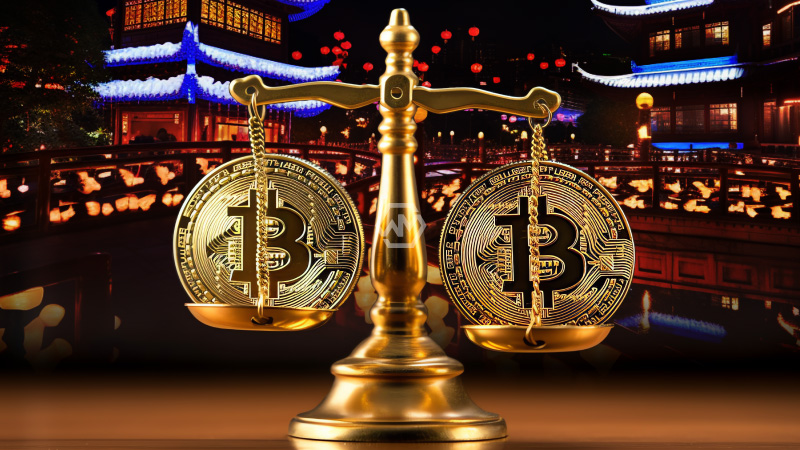- The inability to agree could prompt administrative orders for them to stop tasks.
- The law means to address the requirement for legitimate enforceability in the area, as past self-guideline rules needed such power.
- Be that as it may, the specific timetable for the second perusing of the bill isn’t indicated.
- In any case, it might just happen in January 2024, as the ongoing residency of all legislators in Taiwan closes next January.
Taiwan parliament, the Authoritative Yuan, has passed the principal perusing of a proposed crypto regulation that would control the crypto resource industry.
Taiwan has moved toward controlling the crypto area by proposing a unique crypto regulation, which has passed its most memorable perusing at the Official Yuan (Taiwan’s parliament). This proposed regulation, co-wrote by Yung-Chang Chiang and 16 different officials, would require all digital money stages working in Taiwan to get a license.
Taiwan Government’s Proposed Crypto Law
xWhile Taiwan’s Monetary Administrative Bonus (FSC) had recently delivered rules for the crypto area to frame self-administrative standards, these actions needed legitimate enforceability.
The objective is to lay out an administrative system that gives oversight and legitimate enforceability to crypto organizations, underlining the need for such a regulation to guarantee legitimate guidelines in the digital money area.
This was followed when Yung-Chang Chiang, an individual from the Regulative Yuan of Taiwan, communicated the expectation early this month to have the principal draft of this regulation prepared for parliament’s survey toward the finish of November 2023 or even sooner.
The new unique regulation would give administrative specialists the ability to force managerial punishments on administrators who disregard these self-guideline rules.
The proposed crypto act in Taiwan comes because of worries over action in seaward crypto markets and means to forestall “administrative exchange.” Legislators accept that crypto resources are unmistakable from conventional monetary items and warrant extraordinary guidelines.
Notwithstanding the proposed regulation, on September 26, Taiwan’s Monetary Administrative Bonus introduced rules to improve financial backer assurances in the digital currency space.
These rules cover different parts of the business, including isolating trade resources from client resources, exploring the posting and delisting of computerized resources, and requiring unfamiliar virtual resource specialist co-ops to get vital endorsements from nearby administrative specialists.
On that very day, significant cryptographic money trades working in Taiwan additionally shaped a relationship to the interests of the business.
Presently, Taiwan requires virtual resource specialist co-ops to follow hostile tax evasion regulations, yet the crypto business remains generally unregulated.



